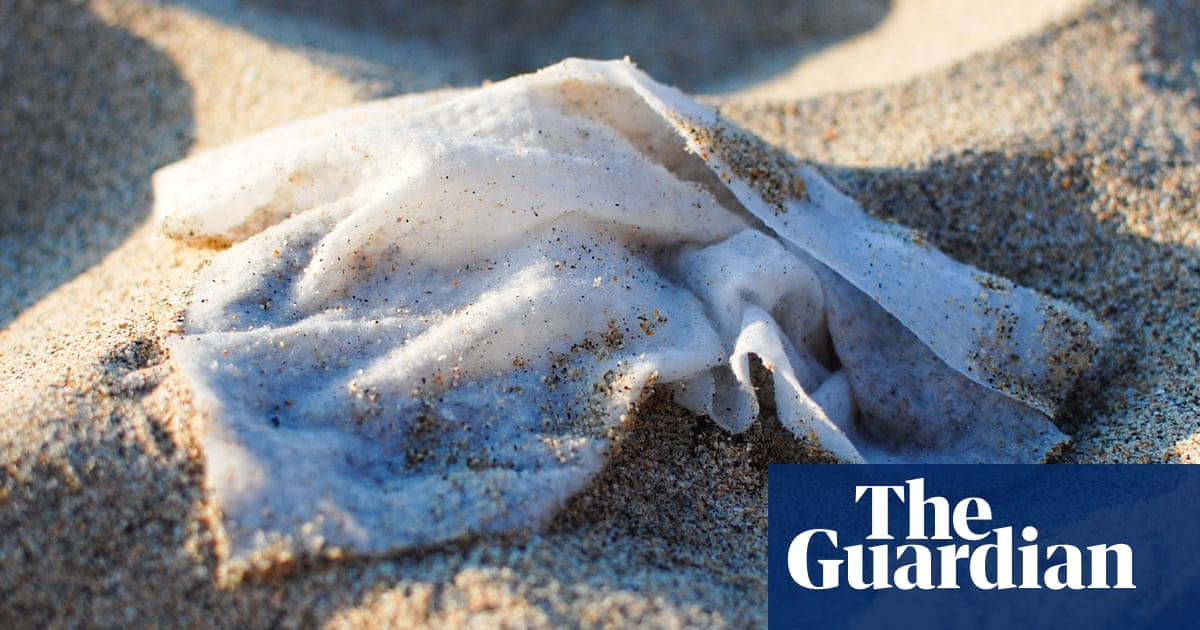The Spanish government is preparing a law that will oblige wet wipe manufacturers to cover the costs of cleaning huge wads of their product from the country’s clogged-up sewers and water-treatment plants.
The draft legislation, which is intended to helpSpainmeet the UN Sustainable Development Goals and comply with EU legislation on reducing single-use plastic products, will also ban people from disposing of wet wipes down the toilet, as well as prohibiting the deliberate release of disposable party balloons containing plastic into the environment because of the marine pollution they cause.
According tothe law’s outline, wet wipes and balloons are among the 10 single-use plastic items most commonly found on beaches in the EU.
“Wet wipes – even those made with natural polymers that haven’t been chemically modified – have a negative environmental impact and significantly affect the functioning of the sewer and purification networks,” the legislation says. “Because they do not disintegrate completely, they cause obstructions in the sewer system that reduce its water retention capacity and increase the risk of overflows – especially during spells of heavy rain.”
The draft notes that microfibres from wet wipes also end up in rivers and other bodies of water, leaving local authorities with hefty cleanup bills and environmental fines.
Figures from the Spanish Association ofWaterSupply and Sanitation put the annual cost of clearing wet wipes from sewer and purification systems at €230m (£190m).
Given the environmental damage that wet wipes and balloons cause, the new law will oblige their manufacturers to cover the costs of cleaning up their products, “including cleaning of sanitation and treatment infrastructure, as well as its subsequent transport and treatment”. In addition to being responsible for regular collections of litter involving their products and sporadic spills, they will be obliged to cover the costs of “awareness-raising measures”.
The draft also says that although genuinely biodegradable wipes will be exempt from the ban on “the disposal of wet wipes down the toilet”, the environment ministry recommends people do not throw any kinds of wet wipes down the loo “so as to minimise the impact on sewer infrastructure and the environment”.
Sign up toHeadlines Europe
A digest of the morning's main headlines from the Europe edition emailed direct to you every week day
after newsletter promotion
Asked how the proposed bans would work in practice, sources at the ministry stressed that the law was still a work in progress, adding: “Educating people and raising awareness are always important elements.”
